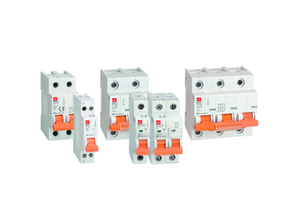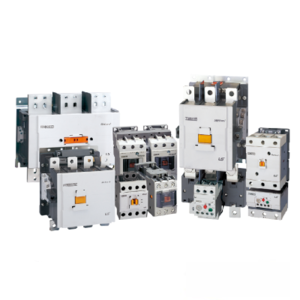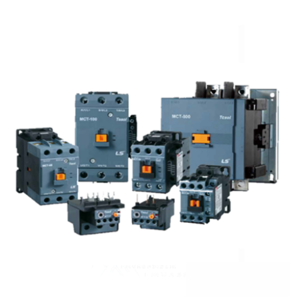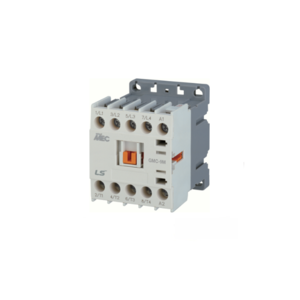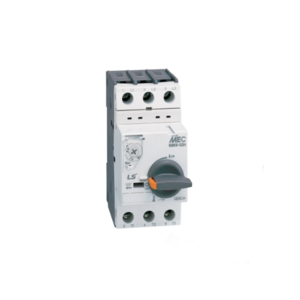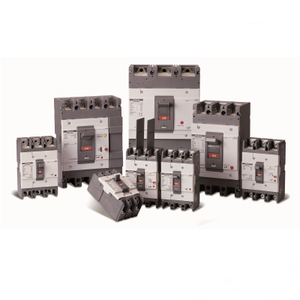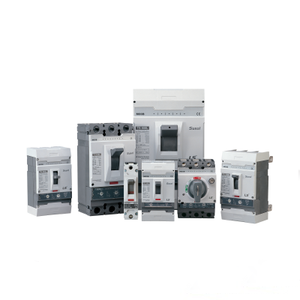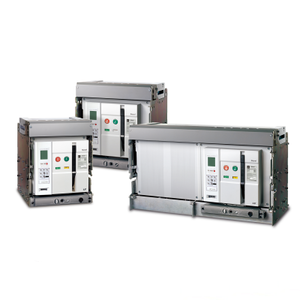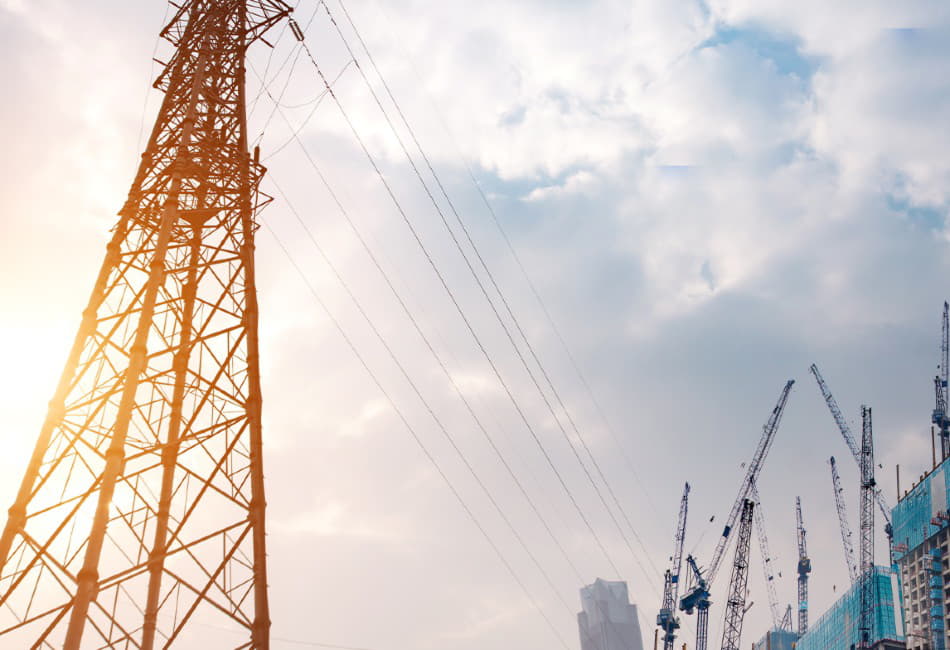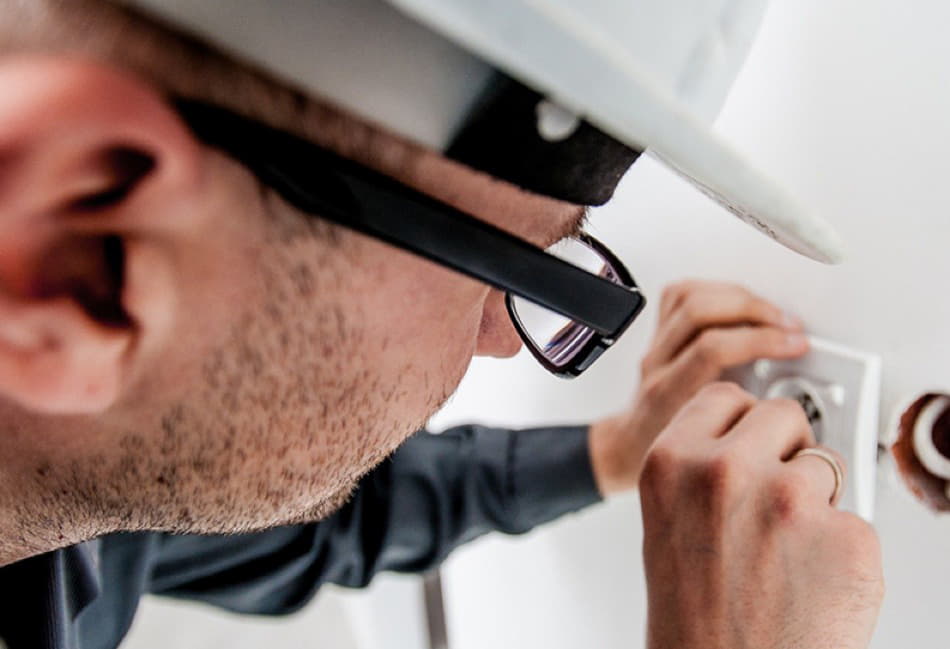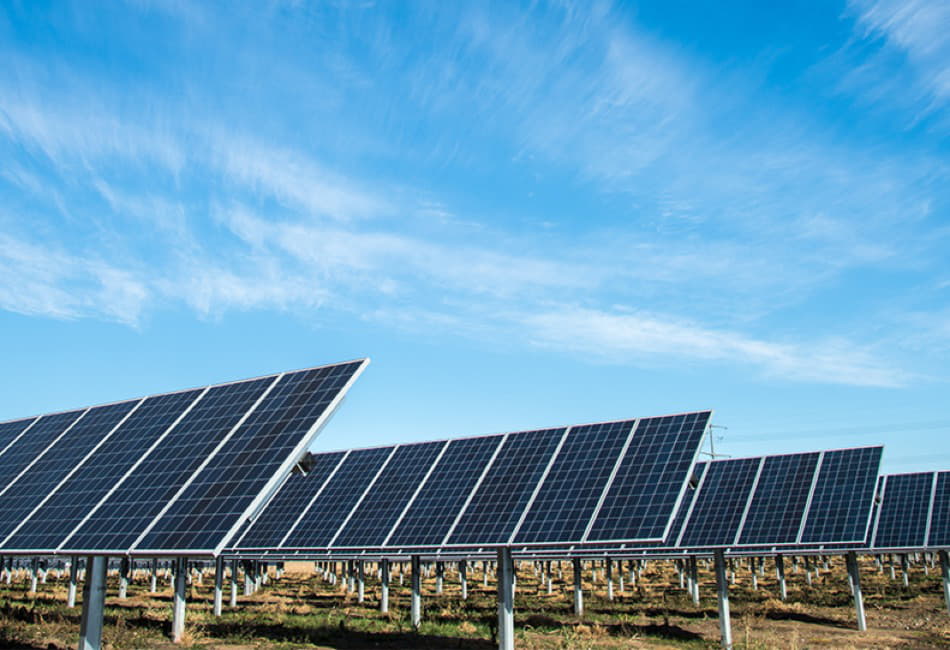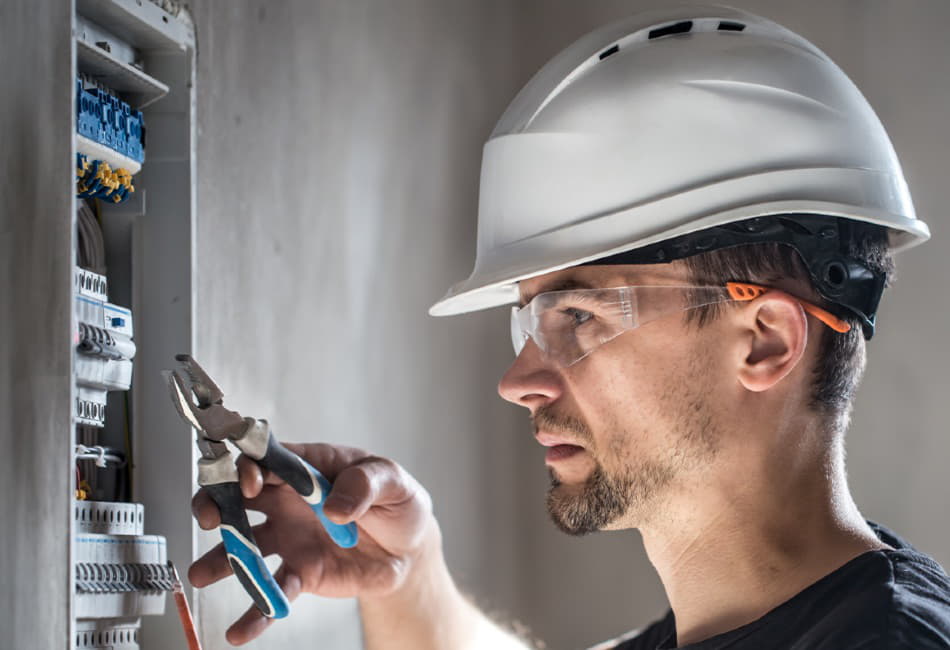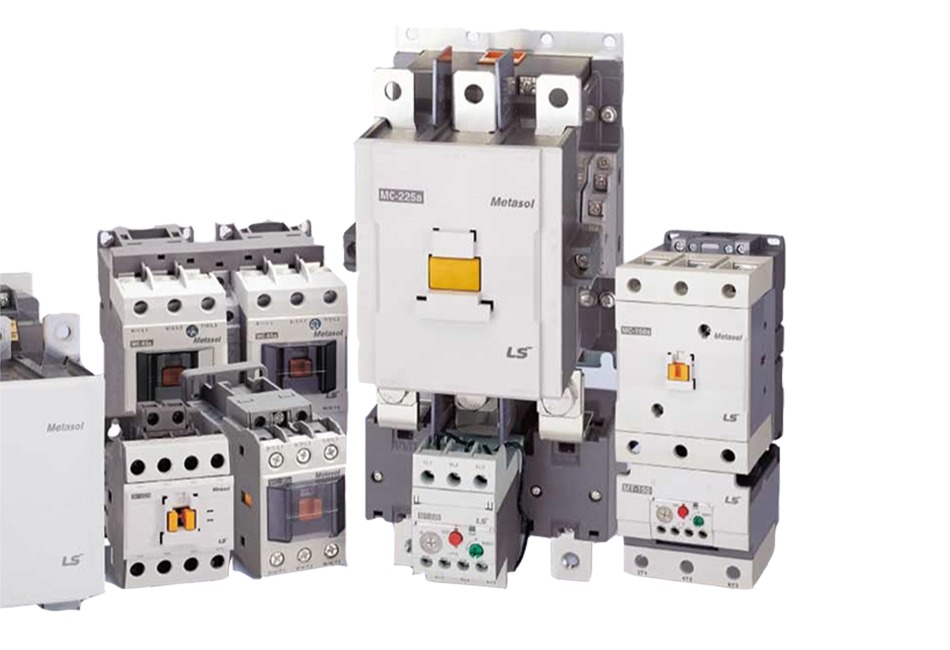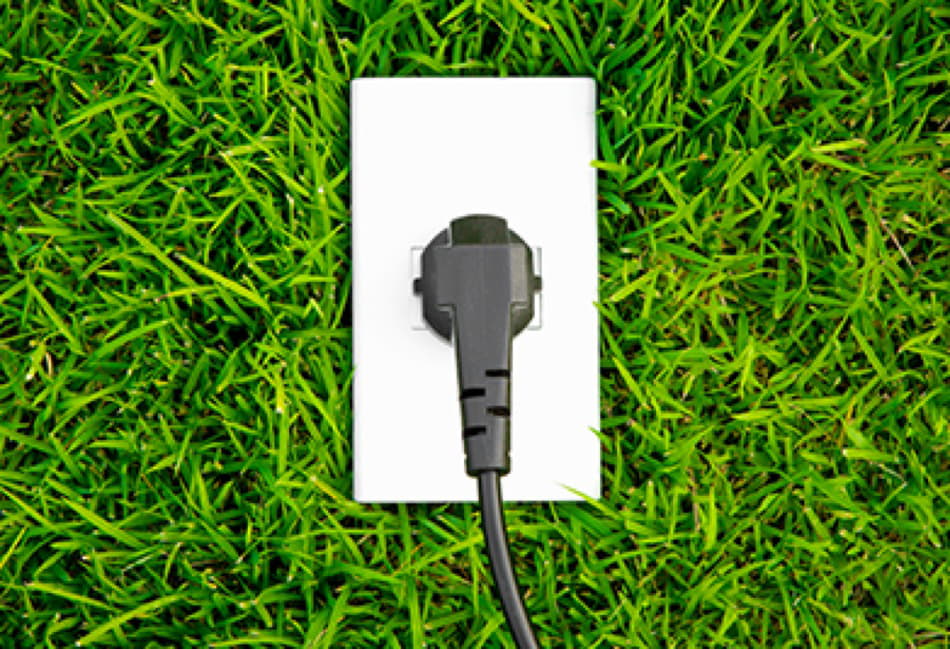1. Customer Focus Wins
As the market situation becomes more and more volatile, customer focus will be key to retaining and building loyal customer bases and ultimately ensuring healthy business. Not long ago, most people didn't care much about their energy providers. Once they sign a contract and are happy to never think about it again. However, these customers are becoming increasingly rare. People have become accustomed to high-quality digital services in many other areas of life, and their expectations for transparency and flexibility are now much higher. As a result, customers are more likely to switch energy providers. The needs of end users are also changing. For example, the increase in electric vehicles and the possibility of using their batteries as energy storage or special solar panels and heat pumps require more holistic solutions. It's time for energy companies to have the conversations and put customer focus at the center of every decision. Customer feedback and insights will increase acceptance of new tools and validate underlying assumptions. Moreover, customer focus will help energy companies close the delivery gap, maintain, grow and improve their customer base, and ultimately stay current in an evolving market.
2. Smart Grids Full Power Ahead
More efficient grid operations and smarter grids are an important element in the transformation of the energy industry. Over the next ten years, Germany plans to invest around €50 billion in infrastructure to enable more efficient grid operation and smarter grids. However, improving infrastructure alone will not do the trick. Technologies like IoT and asset tracking devices, surveillance drones or satellites generate a lot of data. Sharing this data with all relevant stakeholders and empowering them to find the right answers to the right questions will be key to making grid operation more resilient, resilient and sustainable. In addition, applying analytics to large volumes of data generated in the energy and utilities industry can provide unique insights into customer usage patterns. This information provides demand forecasting and effective energy management, but can also help prevent fraud, reduce loss, improve compliance with legal claims, and improve customer service. Using data properly will increase user satisfaction and ultimately help companies monetize data.
3. Dynamics Between Producers and Consumers Continue to Change
The interaction between manufacturers, consumers and network providers is becoming more collaborative. The German Solar Industry Association (BSW) stated in its latest report that more than 100,000 new consumers entered the market between February 2019 and January 2020. These people are both energy producers and consumers, eg. homeowners and industrial plants with photovoltaic panels on their roofs, which makes them more autonomous. Every consumer consumer is a potential energy manager who must collaborate with established generators and grid providers, and their influence increases with their numbers. But with an increasing number of "microassets", how can energy companies take them into account when generation and demand are still very volatile? This is where smart meters come into play. Smart meters help bridge the gap between consumers, manufacturers and grid providers. Consumers get an overview of their consumption profile and change routines or infrastructure e.g. storage facilities. For manufacturers and grid providers, smart meters provide valuable user insights and form the basis for building demand response at scale.
4. Automated And AI-Powered Energy Management
Is Needed More Than Ever Analytics solutions provide the real-time analysis needed to optimize operational performance and decision making. As a result of shorter lead times in the market, the focus in energy management is shifting from long-term planning to near real-time response to changes. This requires highly automated and augmented data and AI-driven bidding and distribution processes for both energy companies and companies operating in energy-intensive industries. Increasing adoption of cloud platforms in the energy and utilities sector is expected to have a positive impact on market growth. However, the market is facing major challenges in terms of data security as well as privacy concerns. In addition, many energy companies lack qualified analytical expertise when dealing with the integration of new solutions into legacy IT architecture. To balance these limiting factors and profit from expected market growth, energy companies need to invest and increase their IT capabilities.
5. Digital And Physical Will Develop Together
Hardware and digital technologies will begin to evolve together, and both will need the other to provide the necessary changes in efficiency and sustainability. Traditionally speaking, energy has been a hardware-heavy industry with a strong focus on physical processes. Improvements in hardware and how it's run will be critical in the future as well as in the past, but they won't be enough to make a difference. Energy companies aiming to be more efficient and sustainable will have to focus on digital as well as hardware. Software and data analytics will be needed to support future developments in generating, distributing and consuming electrical power.
What Does This Mean for Energy Companies?
Continuous changes and To keep up with evolving demands, energy companies will need to focus on their digital capabilities. They will need to invest, build knowledge, and compete for talented IT professionals.
